
This is a fun blogpost, written mostly for the sake of being unnecessarily pedantic. If you're obsessive about the linguistic meaning of things, this is for you!

So why then, do we now tend to say "In the age of social media" instead of "In the age of social networking"? Is it just about convenience, or is there a meaningful, qualitative difference between the two terms?
I think it's the latter.
Before we get into that, let's get to know the terms a little better.
[caption id="attachment_10779" align="aligncenter" width="600"]
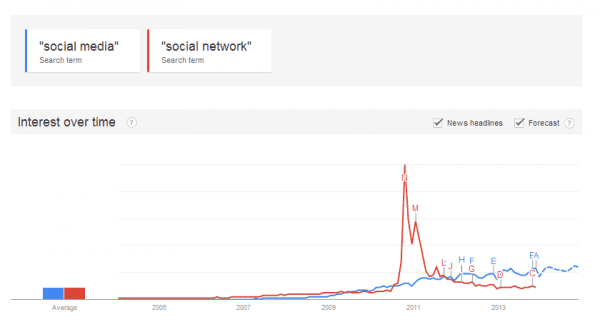
"Social media" came from behind, taking the lead in 2010!
Prior to 2010, "social network" was more widely used than "social media". (The spikes in searches at N and M are because of the Facebook movie.)
This feels consistent with the idea that social networking sites disrupted traditional media. Social media giants like Facebook and Twitter didn't originally intend to become the way most people look for news: they were just trying to connect people together.
Becoming "media" was something they grew into, rather than set out to be.
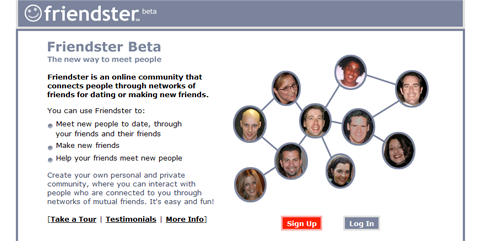
Friendster: "Friendster is an online community that connects people through networks of friends for dating or meeting new friends." Much like professional affiliate programs, early social networks were built around connection and mutual benefit.

Myspace: "Myspace lets you share photos, journals and interests with your growing network of mutual friends."
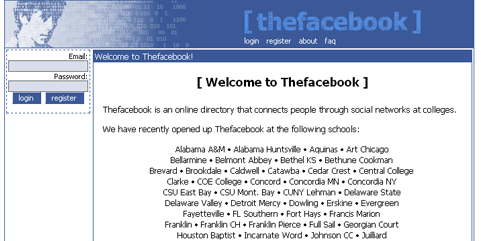
Facebook: "Thefacebook is an online directory that connects people through social networks at colleges."
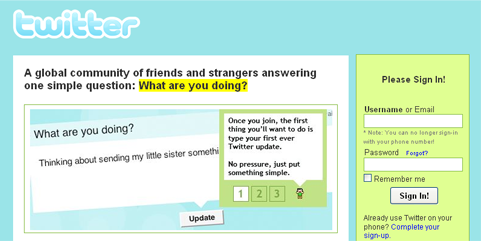
Twitter: "A global community of friends and strangers answering one simple question: What are you doing?"
That's a subtle-but-significant change, from person-centric to event-centric. Evan Williams described this as a shift from being a social network to an information network.
It's important to realize that nobody quite anticipated that Twitter would be the global nervous system that it is today. People did predict that the future would be interconnected, but nobody– not even the founders– looked at Twitter in 2006 and went "Yup, this is it."
The infrastructure had to be built before alternate uses could be visualized. The idea of asking "What's Happening?" might not have made as much sense at the time.
So social media never really set out to solve a "media" problem, or a "publishing" problem. Traditional media and blogs were doing that. Rather, they set out to solve a "networking" or a "communications" problem. Just as referral marketing solutions connect brands with their advocates, social networks were designed to foster communication before evolving into media platforms.
A few blog posts ago, we set out to define social media. At the time we choose not to explicitly talk about social networks or social networking sites in particular, because it felt like an unnecessary complication. The simplistic definition that we like is that social media is communications + publishing.
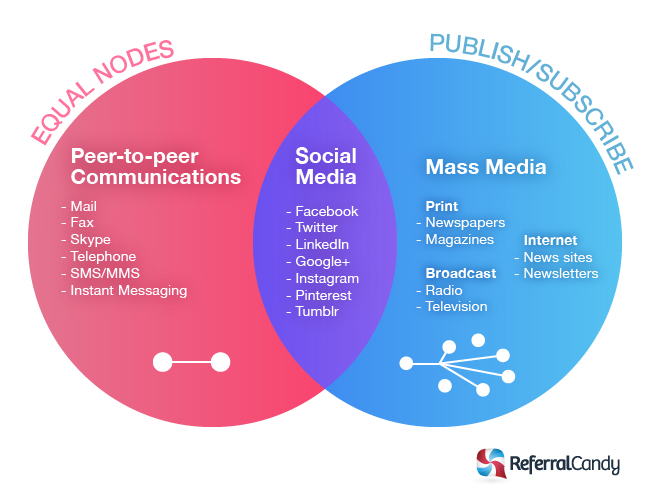
Within this framework, it's clear that social networks were about communications. They set out to be an effective way of communicating. Along the way, they disrupted publishing. The ability to publish information isn't a core function of a social network, but it's absolutely fundamental to social media.
So the introduction of publishing (the ability to disseminate information at large) is what turned Facebook from "The Social Network" to something that news media organizations have to be concerned about.
This helps to answer some of the "grey area" questions: is it social media if there are just two people in a network? It doesn't feel like it should be. But the same applies to a newspaper that you print in your bedroom, with just 5 copies per issue. "Media" is a declarative statement we use to describe something once it has a reasonably ubiquitous reach.
It's about distribution. It's about publishing. Online social networks were the backbone upon which social media was built. You can see this same evolution in referral programs that show how networks and publishing merge to drive engagement.
Other posts in this sequence:
Loved this breakdown? Check our pricing options to start your referral program and grow through word-of-mouth.
Visa is ReferralCandy's former Blog Editor [2013–2018]. He also co-founded Statement.sg, a fashion ecommerce label selling witty t-shirts. He's mildly Internet-famous for his elaborate Twitter threads. He hopes to enjoy a glass of scotch onboard a commercial space flight someday.
Grow your sales at a ridiculously
lower CAC.